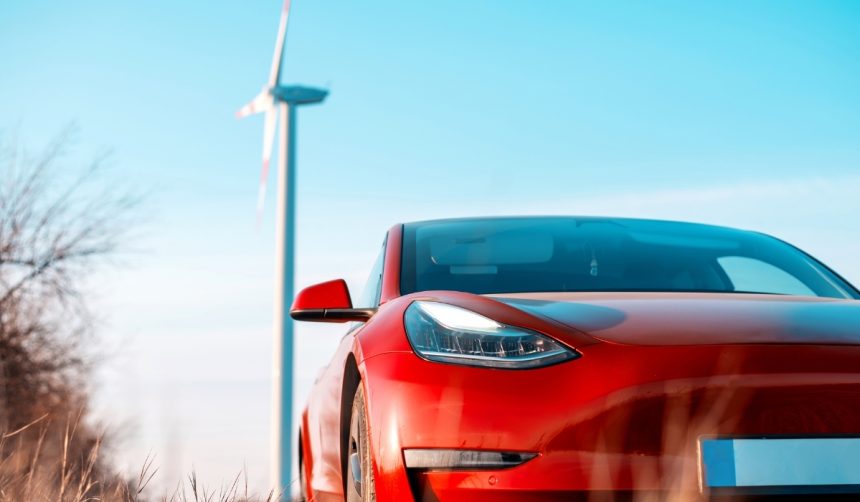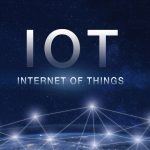Tesla is in the process of rolling out its Full Self-Driving (FSD) Supervised v12.5, but its deployment is currently limited to vehicles equipped with the newer HW4 computer. While owners of HW3-equipped vehicles anticipated the release this week, CEO Elon Musk confirmed that the team is still finalizing the update. This delay has sparked curiosity and inquiries among Tesla owners, underscoring the complex nature of software optimization and validation processes.
Earlier reports also highlighted similar delays and technical challenges in rolling out updates for HW3 vehicles. Previous instances saw staggered deployments, citing reasons such as extensive testing and optimization requirements. This pattern reflects ongoing efforts to ensure robust performance and compatibility across different hardware versions, a recurring theme in Tesla’s update history.
Different Release Number for HW3
On Saturday, Musk stated that the FSD Supervised version for HW3 vehicles would have a different release number than v12.5.1.3, which began its rollout on Friday. The HW3 hardware, referred to as AI3, constitutes the majority of Tesla’s vehicle fleet. This distinction highlights the unique software requirements and potential variations in performance metrics between HW3 and HW4 systems.
Improved Features and Timelines
Musk had initially indicated that the new version would first be available to HW4-equipped Model Y vehicles before expanding to a broader user base. Despite an estimated rollout timeline of 10 days, the update for HW3 vehicles has been delayed. According to Musk, optimizing the software to run on HW3 necessitates considerable effort and separate validation processes to maintain safety and performance standards.
Although the Cybertruck is equipped with HW4, the FSD Supervised feature has yet to be made available for the EV. Musk mentioned that the FSD should be enabled for the Cybertruck in August, but exact dates remain uncertain. FSD v12.5 includes several enhancements, such as a unified highway and city driving stack and driver monitoring improvements, which allow drivers to wear sunglasses without triggering alerts.
FSD v12.5 also integrates the Actual Smart Summon feature, although it operates under a separate code. These enhancements aim to deliver a more seamless and user-friendly driving experience, addressing some of the common issues highlighted by the Tesla community. The ongoing development and phased releases are part of Tesla’s strategy to refine and expand its autonomous driving capabilities.
The delay in rolling out FSD v12.5 for HW3 vehicles underscores the complexities involved in developing and optimizing advanced software for different hardware configurations. As Tesla continues to fine-tune its systems, the company remains focused on ensuring that each release meets the necessary standards for performance, safety, and user experience. Keeping abreast of these updates is crucial for Tesla owners and enthusiasts, as it impacts the overall functionality and reliability of their vehicles.










